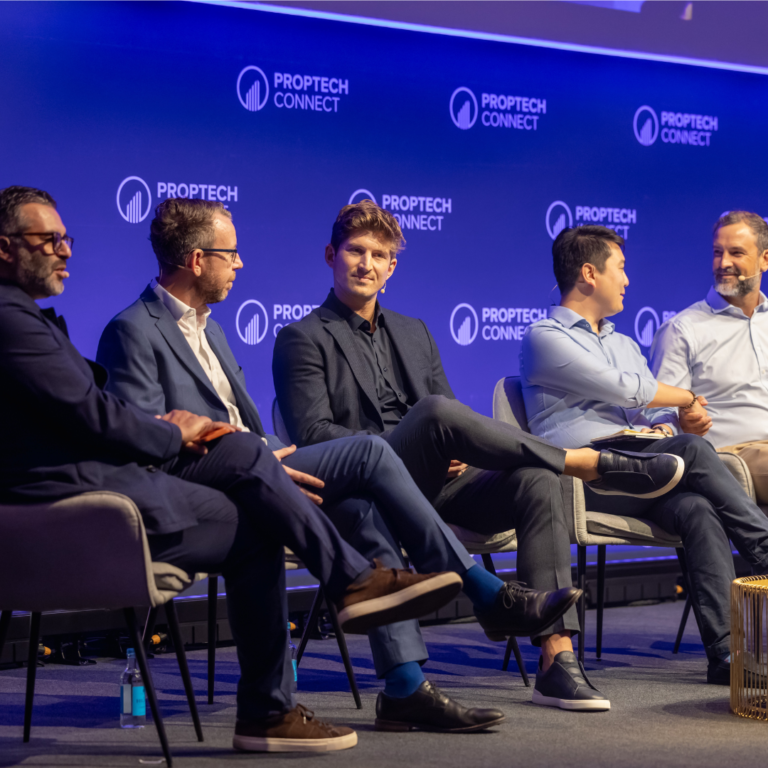
Shared 19 August, 2024
PropTech Connect » News & Insights » News

The real estate industry in England is experiencing a significant shift with the introduction of Biodiversity Net Gain (BNG) legislation. This policy mandates that new developments must contribute a minimum of 10% to the nation’s net biodiversity levels. Without meeting this requirement, obtaining planning permission is out of the question. While this represents a positive step towards sustainable development, it also introduces new challenges for developers, landowners, and the broader property market.
The Impact of Biodiversity Net Gain on Property Development
The implementation of BNG has disrupted long-standing practices across multiple sectors, requiring stakeholders to quickly adapt to a new set of expectations and processes. For developers, this means integrating biodiversity considerations into their project planning from the outset. However, the nascent nature of the BNG market presents a series of obstacles, such as the lack of standardized procedures, the need for new partnerships, and the challenge of navigating an evolving regulatory environment.
This period of adjustment is both an opportunity and a risk. Developers who can efficiently meet BNG requirements stand to benefit from smoother planning approvals and enhanced reputational gains. Conversely, those who struggle may face delays, increased costs, and potential project derailments.
Navigating the Challenges: The Need for Centralized Solutions
To address these challenges, the industry must look towards centralized solutions that streamline the process of complying with BNG requirements. A key element of this is the creation of a marketplace that connects landowners with developers, facilitating the sale and purchase of BNG units. This type of platform not only simplifies transactions but also provides transparency and efficiency, helping to build confidence in this emerging market.
In addition to a marketplace, the development of tools that allow for precise searches and comparisons of BNG units is crucial. These tools should enable developers to filter listings by various criteria—such as region, habitat type, and verification status—ensuring that they can find the right units to meet their specific project needs. Moreover, the platform should incorporate educational resources to help users navigate the complex policy landscape, including the implications of spatial risk multipliers and other regulatory nuances.
How Gaia is Pioneering the BNG Marketplace
Recognizing the need for a comprehensive solution, Gaia, a green-tech company, developed a centralized platform designed to meet the demands of the BNG market. This platform acts as a BNG marketplace, enabling landowners to list biodiversity units and developers to browse and purchase them. Since its launch, the platform has quickly become a vital resource, boasting the largest inventory of BNG units in England.
Gaia’s platform is particularly valuable for developers, offering a range of features tailored to the intricate requirements of BNG policy. Developers can filter BNG listings by a host of criteria, ensuring that their specific project needs are met efficiently. The platform also offers interactive tools, such as a Map View, that allow users to compare prices across different regions and understand the financial implications of purchasing units at various ratios.
Furthermore, Gaia is committed to keeping its platform responsive to user feedback and regulatory changes. Regular updates ensure that the platform remains aligned with the evolving BNG landscape, providing users with the most accurate and up-to-date information available.
The Future of Biodiversity Net Gain and Real Estate
As BNG becomes an integral part of property development in England, the demand for efficient, reliable, and user-friendly solutions will only grow. Platforms like Gaia’s are likely to play a crucial role in shaping the future of this market, offering developers the tools they need to navigate the complexities of BNG compliance and capitalize on the opportunities it presents.
For real estate executives and start-up founders, the message is clear: embracing technology and centralized solutions is not just a way to stay compliant, but a strategy for success in a rapidly evolving industry. By leveraging platforms that offer comprehensive support, developers can turn BNG from a regulatory hurdle into a competitive advantage, positioning themselves at the forefront of sustainable development in the UK.
The real estate industry stands on the brink of a new era, where biodiversity and development go hand in hand. Those who adapt quickly, supported by robust digital tools, will lead the way.
Written with Gaia
Join our community of 200,000+ real estate leaders and get weekly insights and updates with our newsletter.









*Offer ends on Friday, 7th February.
